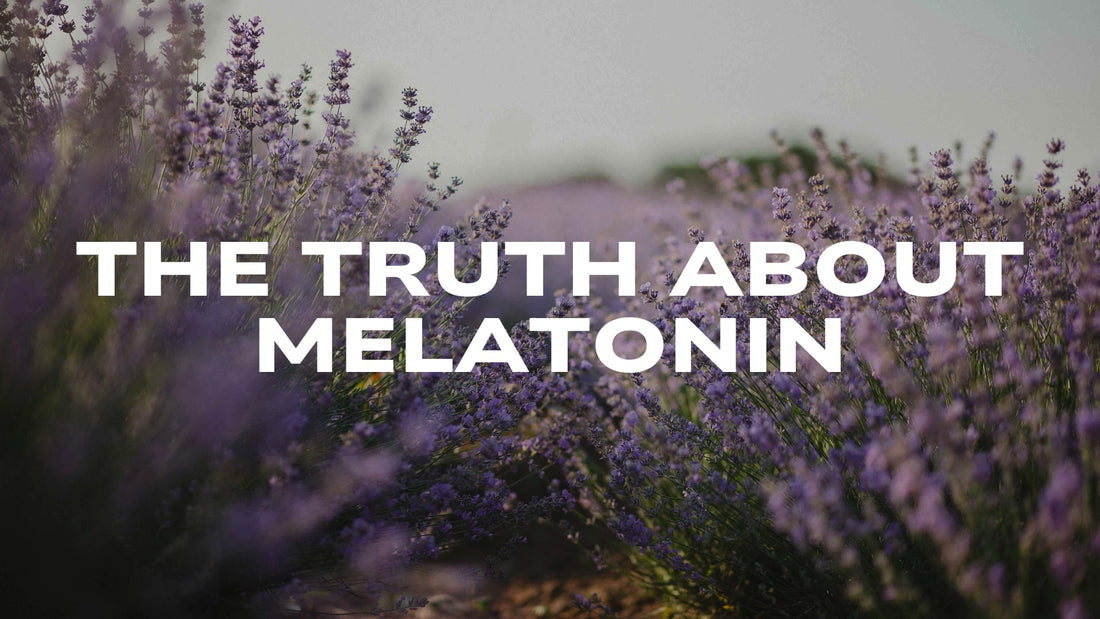
Faster Sleep, Hidden Costs: The Truth About Melatonin
Many people depend on melatonin for a solid night's rest—whether for personal use or even for their children. However, there's a catch: many might be getting more melatonin than they think, and paediatricians are concerned about potential long-term effects. This article will explore melatonin, why you can't fully trust supplement labels, and alternative ways to ensure a good night's sleep.
Melatonin: A 'Magic' Sleeping Spritz?
Melatonin is a natural hormone our bodies produce in response to darkness, signalling it's time to wind down. Its popularity has led to various products like sleep sprays and gummy bears, although many supplements are synthetic.
Recent research raises concerns about melatonin supplement accuracy, with some gummies containing over triple the labelled quantity. Moreover, five products include CBD from cannabis, prompting questions about using such substances for better sleep, especially for kids.
It's not the first time a supplement's contents differ from the label (especially those bought on Amazon), which is a concerning issue, especially with melatonin. Incorrect dosages can disrupt your circadian rhythm – the body's natural internal clock regulating the sleep-wake cycle – producing the opposite effect. Smaller doses may be more effective.
Excess melatonin in children poses risks beyond sleep disruptions. Too much can lead to an upset stomach or an "almost hangover-type effect," warns Clemens Heiser, a sleep medicine physician from the Technical University of Munich who is seeing an increase in parents bringing in children taking melatonin.
One reason for the disparity in melatonin labels and actual contents is how it is regulated — dietary supplements are generally not subjected to the same level of scrutiny by the Bundesministerium für Verbraucherschutz as over-the-counter or prescription medications.
Think Beyond the Melatonin: Exploring Sleep Alternatives
Alternative #1: Lavender Oil & Sprays

Some people find that using lavender oil or sprays helps them sleep better. Studies show that inhaling lavender can calm your nerves and improve sleep quality. Just be careful; not all sprays are the same — some contain chemicals or alcohol that might irritate your skin. Look for ones made with natural ingredients like French lavender oil.
Alternative #2: Herbal Blends

Instead of melatonin, try herbal blends made with calming ingredients like chamomile, valerian root, and passionflower. These natural remedies can help you relax and sleep better. Just check the ingredients to make sure they're right for you.
Alternative #3: Change Your Routine

Simple changes to your bedtime routine can make a big difference. Avoid exercising, eating, or drinking too close to bedtime. And if you're having trouble falling asleep, try reading a book in a dimly lit room instead of scrolling through social media.
Alternative #4: Talk to a Doctor

If nothing seems to help, it might be time to see a doctor. They can determine whether there's an underlying issue causing your sleep problems and recommend the best course of action.
Bottom line
Experimenting with various alternatives can be beneficial in the quest for a good night's sleep. Whether it's the calming scent of lavender, herbal blends, adjusting your pre-sleep routine, or seeking professional advice, finding what works for you is crucial. Remember, the key is creating a sense of safety and security for your brain to drift into slumber. However, being mindful of how these alternatives may impact your physical and mental well-being is essential. Always prioritize your health on the journey to restful nights.

